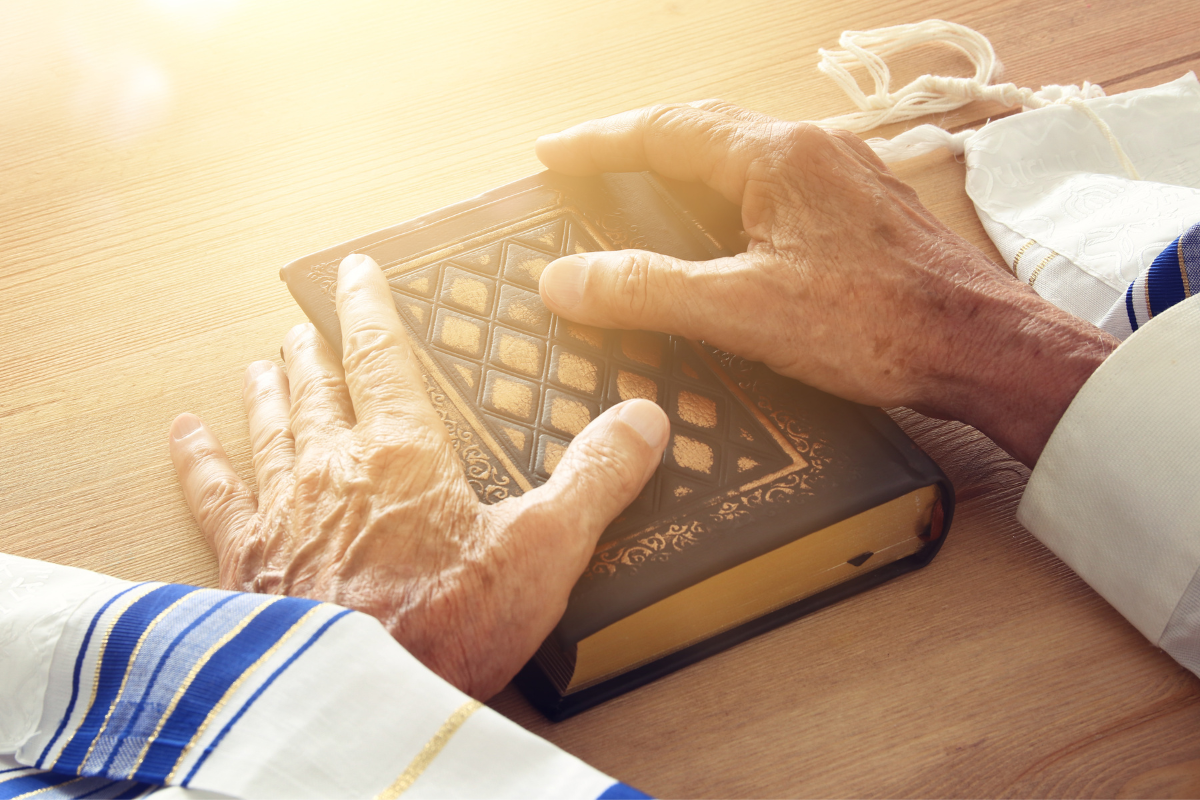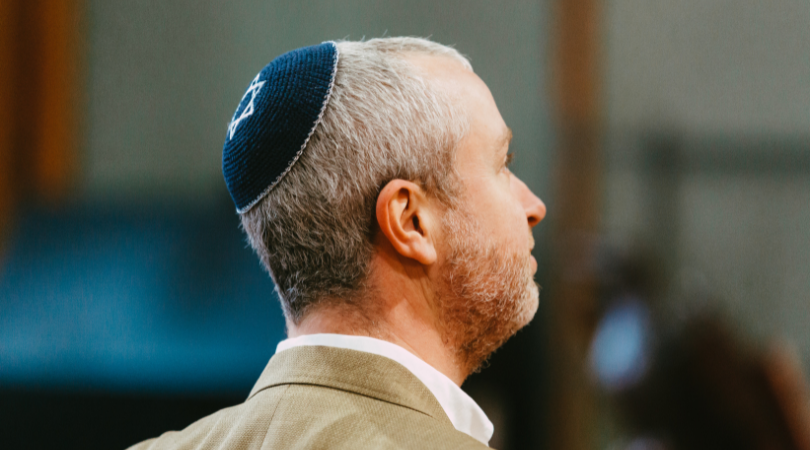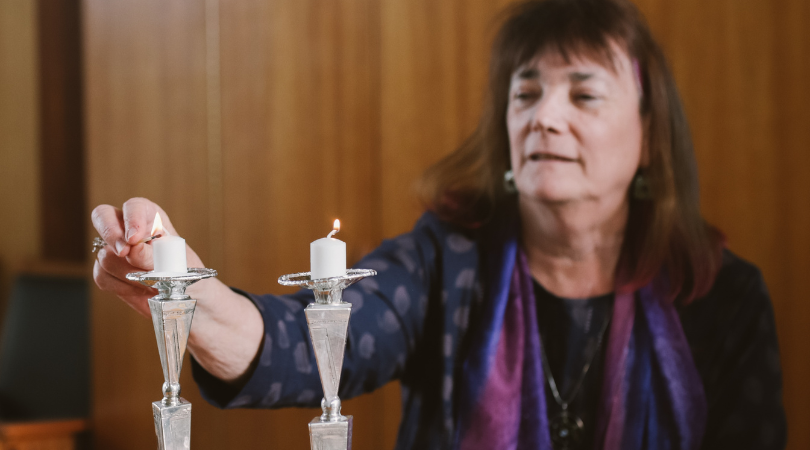Seeking Forgiveness: Yom Kippur & End-of-Life Care

Yom Kippur, the Day of Atonement, holds profound significance in Judaism as a time for reflection, repentance, and seeking forgiveness. This sacred observance, which falls ten days after Rosh Hashanah, invites individuals to reflect on their actions, repair relationships, and find inner healing. The themes of forgiveness, reconciliation, and spiritual solace embedded within Yom Kippur are also relevant and impactful in the context of end-of-life care.
Reflection and Reconciliation
In end-of-life care, patients often face a range of emotions related to their past actions and relationships. The prospect of approaching death can trigger a desire to reconcile with loved ones, seek forgiveness, and make amends for any hurts caused. Similar to Yom Kippur, this introspective process is an opportunity for patients to reflect on their lives, take responsibility for their actions, and engage in open conversations with family and friends.

Seeking Forgiveness
Yom Kippur emphasizes the act of seeking forgiveness from both fellow human beings and from the Divine. In the same way, patients at the end of life may carry regrets, unresolved conflicts, and feelings of guilt. Hospice care offers a supportive environment for patients to express these emotions, engage in meaningful conversations with their loved ones, and work towards forgiveness. This process can lead to emotional relief and closure, allowing patients to find peace before their journey ends.
Releasing Burdens
Yom Kippur involves a symbolic casting away of sins, known as Tashlich. This act of throwing breadcrumbs into flowing water represents the release of burdens and a fresh start. Similarly, patients in hospice care can benefit from symbolically releasing emotional burdens and reconciling with their past. Rituals, conversations, and ceremonies can be designed to facilitate this process, helping patients find a sense of closure and emotional release.

Spiritual Healing
Yom Kippur is also a time for spiritual healing and renewal. For patients who draw strength from their faith, this can be an opportune moment to engage in prayers, rituals, and conversations with spiritual leaders. Participating in these practices can offer comfort, a sense of connection to a higher purpose, and an avenue for expressing fears and hopes related to the end of life.
Compassionate Support
Just as Yom Kippur emphasizes compassion and empathy, end-of-life care providers play a pivotal role in offering compassionate support. This includes creating an environment where patients feel safe to share their feelings, facilitating family discussions, and ensuring that patients have the opportunity to engage in rituals that hold personal meaning to them.
Crossroads Hospice & Palliative Care offers compassionate support to terminally ill patients and their families. To learn more about our services, please call 1-888-564-3405.
If you found this information helpful, please share it with your network and community.
Copyright © 2023 Crossroads Hospice. All rights reserved.




